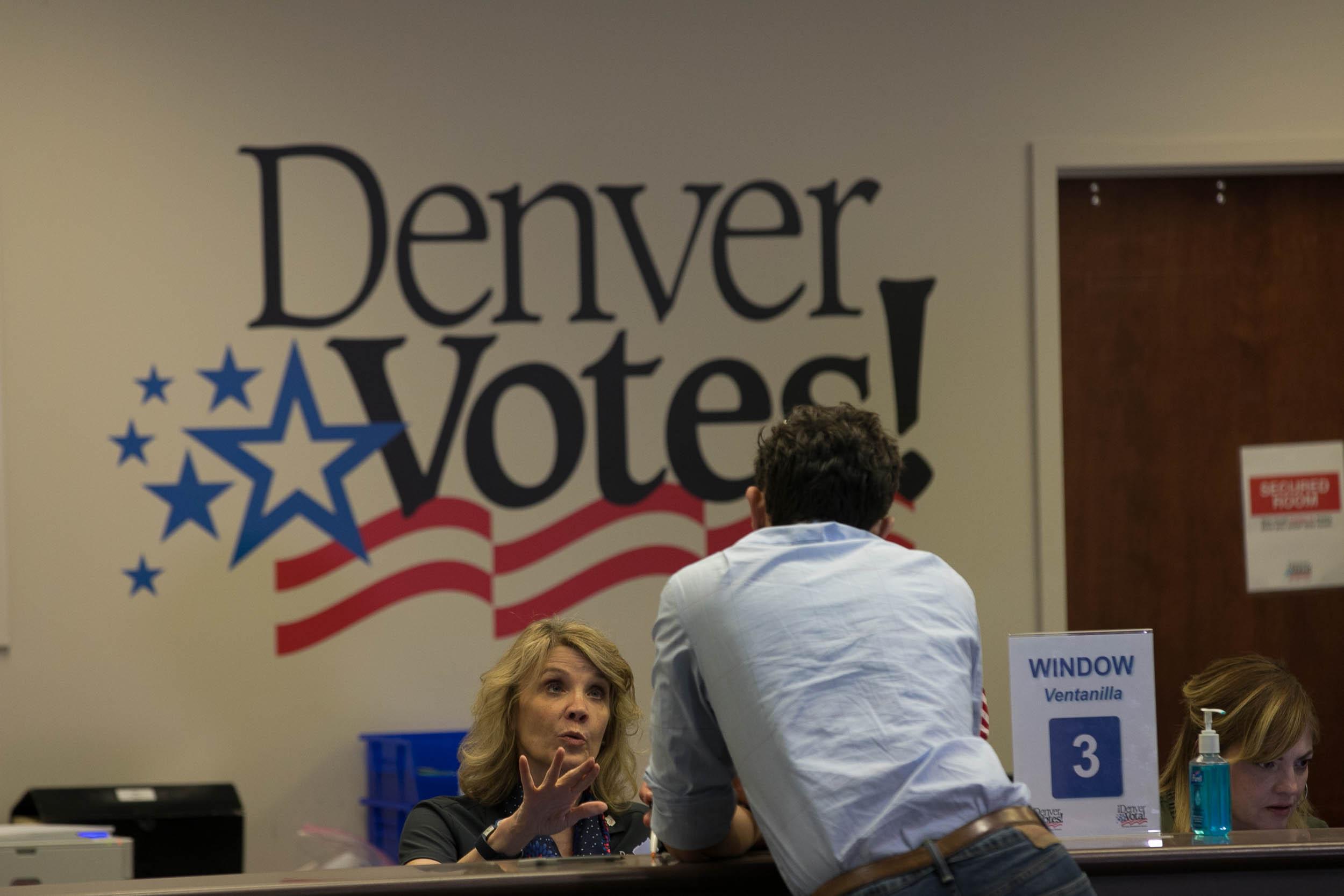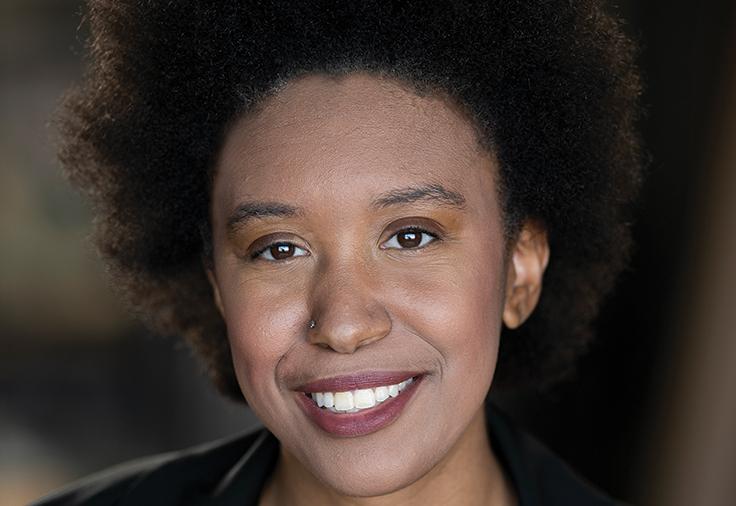
More people cast ballots in Tuesday’s election than usual for off-year elections.
About 340,000 more people voted this year than in the 2017 election and 300,000 more than in the 2015 election. In this latest off-year election, 1,549,529 ballots were cast.
Republicans had the advantage, but only about a third of each party voted, according to David Flaherty, CEO of polling group Magellan Strategies.
Republicans voted slightly more than Democrats in all three most recent off-season elections. Unaffiliated voters out-voted Democrats — which was not the case in the other two elections.
Flaherty said that party wasn’t the biggest factor — it was age.
“You had a lot of older voters participating, which is very typical in an odd-year election,” Flaherty said. “Older voters are more likely to be fiscally conservative.”
Proposition CC, which would have allowed the state to keep money that is returned to taxpayers because it exceeds revenue caps set in the Taxpayer’s Bill of Rights, failed during Tuesday’s election.
University of Denver political science professor Seth Masket thought that Proposition CC would have done better than it did, but he isn’t surprised that it ultimately didn’t pass. It lost by a wide margin. About 55 percent of voters rejected the measure.
“It’s consistent with the trend we’ve seen in Colorado statewide elections for a while now,” Masket said. “Democrats tend to do well in the state, but most of the spending or taxation initiatives that they champion don’t do that well.”
The tax revenues that Prop CC asked to retain were planned to go to fund transportation and education. It was not a tax increase, but it would have affected refunds.
Proposition DD, a measure to legalize sports betting and create a 10 percent tax on casino house winnings, passed with only slightly more than 50 percent of the vote. It did not ask Coloradans to tax themselves but rather the casinos' profits.
Flaherty said this election will likely not be representative for next year.
“It would be a mistake to think that 2019 is foreshadowing what may come in 2020,” he said.
Masket said the 2020 election could be similar if there are any spending initiatives on the ballot, but that next year’s election will be different because the turnout is more likely to be higher in a presidential election year.
“The polls in the state right now at least suggest a reasonably good Democratic year for next year, but it’s really hard to be certain this far out,” Masket said.









